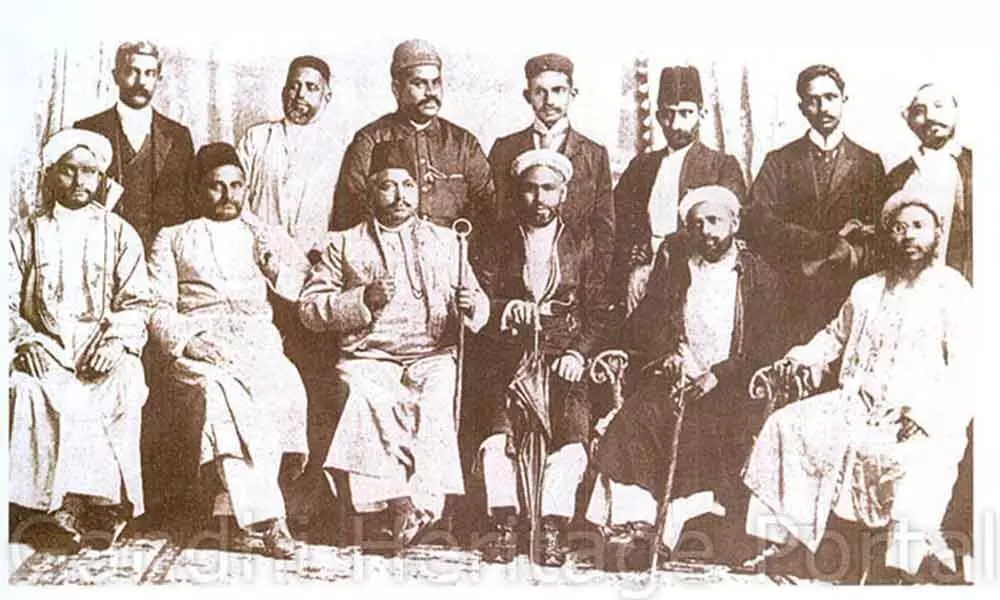Live
- Karnataka Minister Laxmi Hebbalkar Vows To Pursue Justice Against CT Ravi
- Stands By Vijayaraghavan Amid Row Over Remarks On Gandhis
- Karnataka Legislative Council Chairman Denies Recording Controversial Exchange
- Lexus India to Redefine Luxury Mobility at Bharat Mobility Global Expo 2025
- Hindustan Zinc Supported Farmers Achieve INR 5 Cr Revenue Through Five Farmer Produce Organizations
- Nearly 10 lakh job letters issued under Rozgar Mela since 2022: PM Modi
- Harish Rao Criticizes Congress Rule and Revanth Reddy’s Leadership in Warangal
- From Data Silos to Unified Insights: How Cash Flow Management SaaS is Transforming Organizational Finance
- Top Personalities Who Made A Significant Mark In Their Particular Sector In 2024
- ‘Vaaradhi’ set for Dec 27 release, pre-release event held









